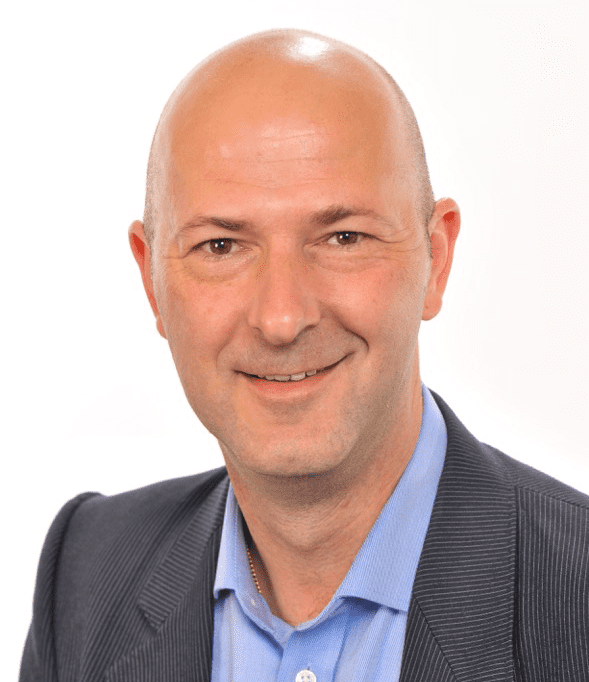The relationship between science and society is at the core of Fabien’s main research interests, with a particular interest in how knowledge plays out in society and how it interacts with decision making, along with how knowledge is mixed with human values.
Over the past few years, Fabien has been involved in research with Biological Heritage around public perceptions and attitudes towards novel technologies for pest control. This project has resulted in several publications, such as this one which included surveying over 8000 New Zealanders and investigating the relationship between public opinion towards gene drive for pest control and underlying worldviews.
Moving forward, Fabien is joining forces with the team behind the Mobilising for Action theme of Ngā Rākau Taketake. The aim of this theme is to investigate the human dimensions of forest health management, with a particular focus on kauri dieback and myrtle rust, and the role that humans play in the protection of te taiao (the environment).
“We’ll be working with high-risk forest users – those who frequently enter affected areas – to think through biosecurity measures that will work for everyone” Fabien says. “The focus will be on cooperative management, rather than top-down management.”
When it comes to the role that science communication can play in protecting the ngahere (forest), Fabien drew parallels between the responses to kauri dieback and to the COVID-19 pandemic.
Fabien comments that in both cases, we’re waiting for science – to develop a cure for kauri dieback, and a vaccine for COVID-19. The focus in the meantime needs to be on “what society can do while we wait.” With COVID-19, we all stayed home and kept our distance to protect our most vulnerable. Fabien suggests that perhaps the same approach is needed for dealing with kauri dieback – keeping our distance from kauri to protect the vulnerable ngahere.
Bringing a wealth of knowledge and experience to this project, the combination of public attitudes and science fits right into Fabien’s area of expertise.
“This is an area of natural interest to me” says Fabien. “This combination of environmental issues with controversial topics – I’m interested in the tension.”
Fabien is enjoying being a part of the BioHeritage team. “It is run in a very unique way – in terms of how it approaches answering questions, and the capacity for intellectual freedom”. Fabien feels there is a strong focus on being good humans who produce useful, meaningful knowledge, and value their roles as knowledge producers.
“The work we do is very powerful, with the capacity to change things profoundly. It is a great approach to a complex problem, and I believe that it can help – which is a real privilege for academics”.
